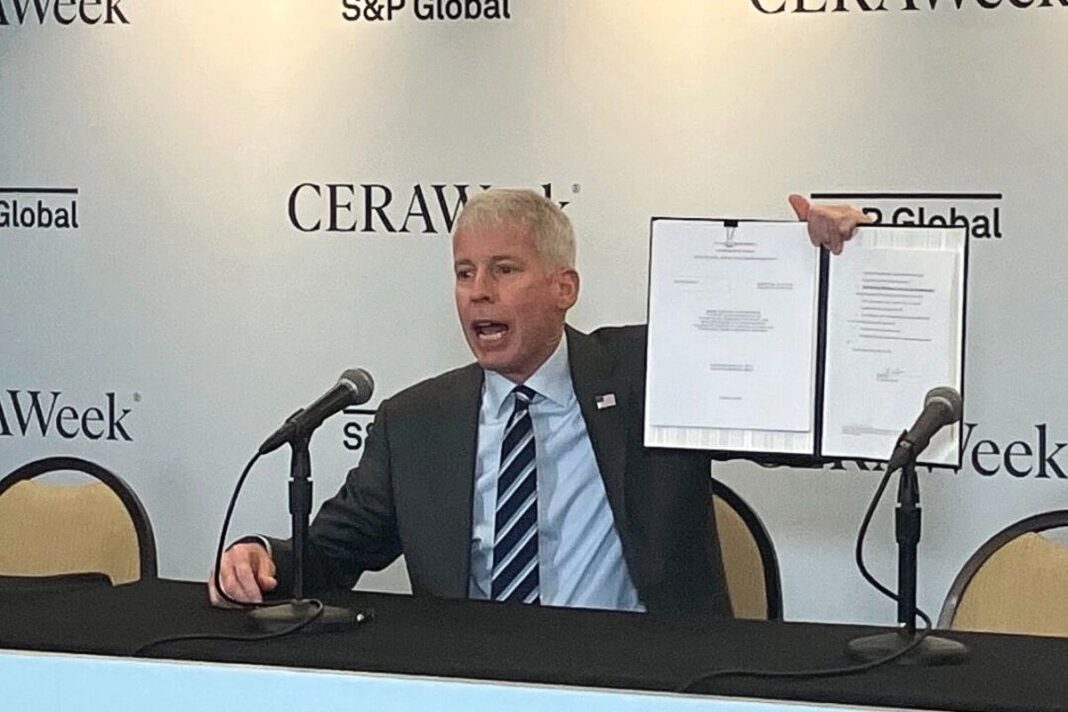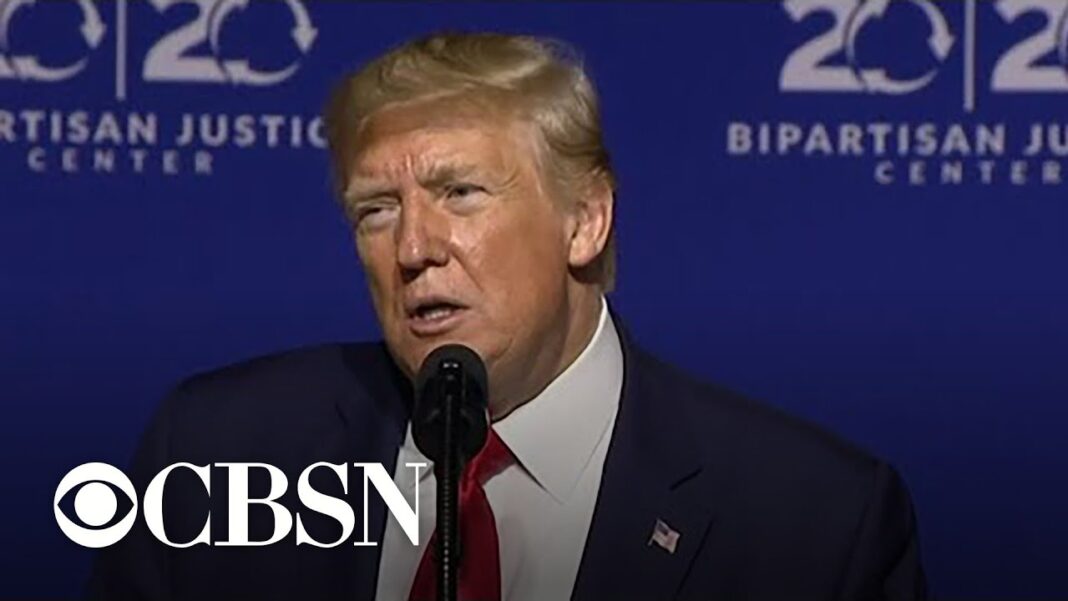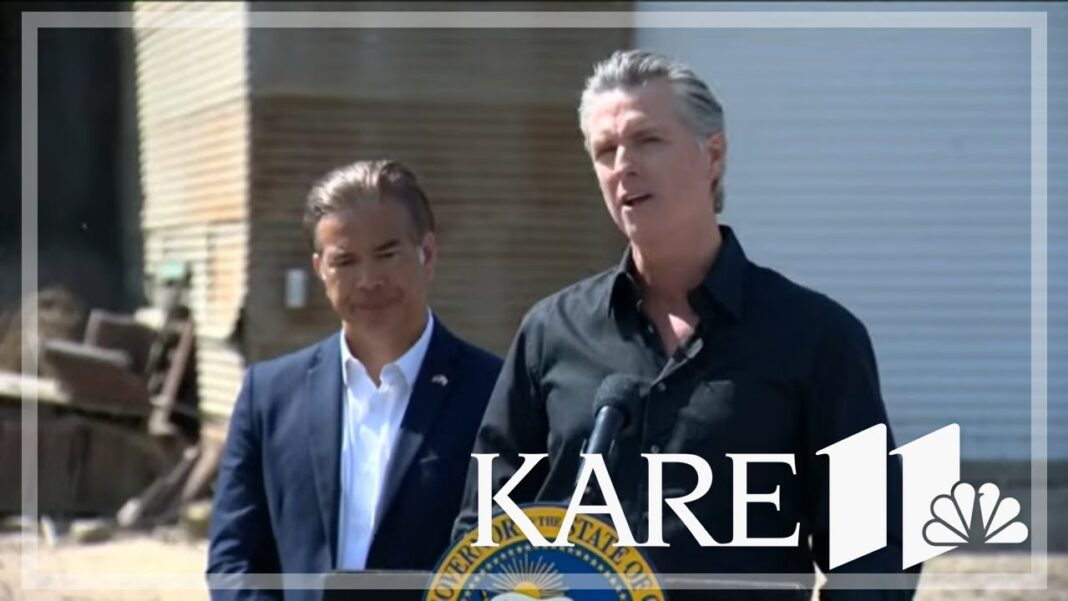House panel Republicans praise Energy Secretary Chris Wright’s plan to slash his department’s non-defense spending and refocus on its ‘core mission.’
The Department of Energy’s $46.3 billion fiscal year 2026 budget request trims spending by 7 percent from this year’s $49.8 billion plan, slashing allocations for non-defense energy programs by 26 percent while increasing funding by 25 percent for the National Nuclear Security Administration, which manages the nation’s nuclear weapons programs.
The primary proposed cuts in the department’s discretionary spending are “green energy” initiatives adopted during the first two years of the Biden administration, clipping at least $3.7 billion in those programs in the fiscal year 2026 (FY26) budget and pulling the plug on nearly $20 billion in dedicated funding through 2032.
Energy Secretary Chris Wright said those cuts are necessary in realigning the department’s focus on its “core mission” to rapidly expand the nation’s energy production to win “the AI race” against China, reshore advanced manufacturing, and lower electricity costs for American businesses and consumers.
“America has a historic opportunity to secure our energy systems, propel scientific and technological innovation—including AI—maintain and strengthen our weapons stockpiles and meet Cold War legacy waste commitments,” he told the House Energy and Commerce’s Energy Subcommittee during a three-and-a-half-hour hearing on June 10.
“The next Manhattan Project is clearly AI,” Wright added. “The Department of Energy will advance this critical mission while cutting red tape, increasing efficiency, and ensuring we are better stewards of taxpayer dollars.”
Democrats—spearheaded by Reps. Kathy Castor (D-Fla.) and Frank Pallone (D-N.J.)—said President Donald Trump’s “one big beautiful” budget bill derails job-generating advancements in the same “clean energy” technologies China is now investing billions in, costing American jobs and raising energy costs for domestic consumers.
The proposed budget is “intentionally sabotaging progress” that saw 1,000 manufacturers reshored and created 400,000 new jobs in the last four years, Castor said. ”You seem happy to leave innovation to our competitors like the Chinese Communist Party.”
By John Haughey








